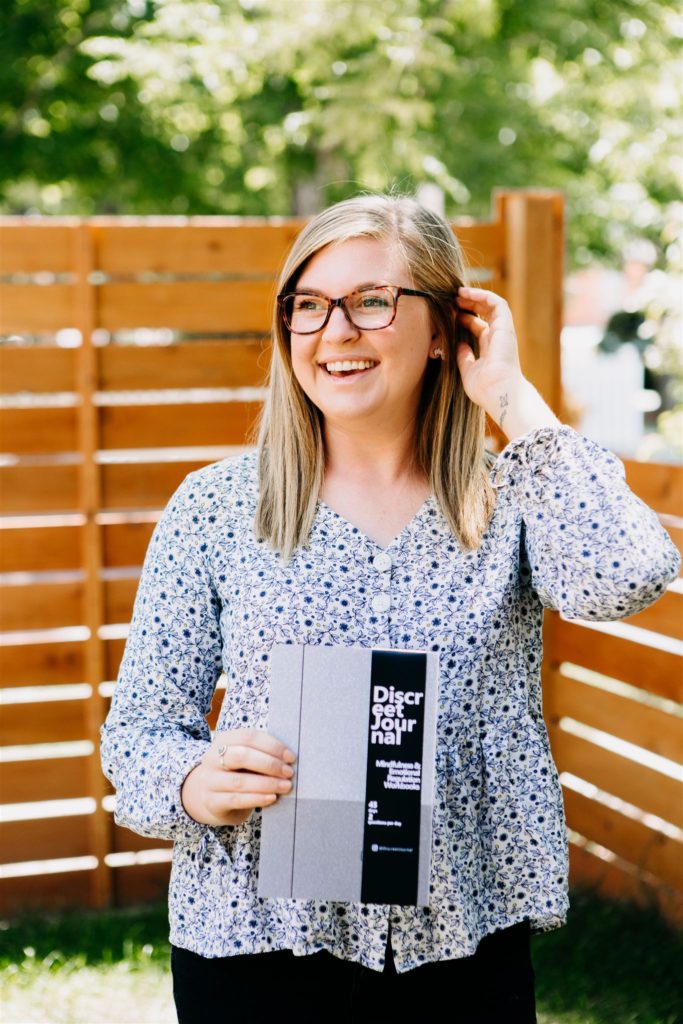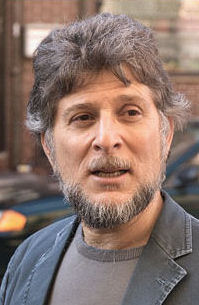
Welcome back to another episode of Your Anxiety Toolkit Podcast. As you all know, I traveled back to Australia to visit family last month. The Australian government requires a 14 day quarantine for any visitors coming into the country. When my plane landed, I was escorted by police to a hotel in Sydney. I was then taken to my room and told that under law, I am not allowed to leave or even open a window for 14 days. Now that I am home and reflecting on my time in Australia, I really want to share with you some of the skills that I had to practice all day every day to get me through that quarantine. I hope some of these skills can also help you when you are facing a difficult situation.
The first skill was to become an observer to my thoughts. It is quite common to be feeling fine and out of nowhere this overwhelming sense of panic takes over and you start to think "Oh my goodness I can't handle this." When this happens, you really have to recognize that you are not in danger. This thought can be so powerful that if you don't work to simply observe it, it can easily become truth or fact in that moment. By observing your thoughts, it actually helps you to diffuse from them which takes away some of their power.
The second skill is to validate your pain. Once you have observed the thought, it is so important to validate that this is really hard. Try being gentle with yourself and not engaging in self-judgment.
The third skill is to keep a routine. Now this does not mean keeping a compulsive, rigid routine; rather, simply take an inventory of what is important to you and make sure you schedule those activities into your day. For me, this meant scheduling phone calls with my family and friends.
The fourth skill is to become aware of your small wins. It is so easy to become negative in a situation such as quarantine which is why it is so incredibly important not to discount your little wins. You may also want to try finding pleasure in the small moments or delights of your day. When you are deprived of pleasure, it is easy to overlook those little moments of joy, but it is important to recognize them when they appear.
The final skill is one you hear me talk about a lot and that is "It's a beautiful day to do hard things." So many people have said to me that they could never do what I did. The thing to remember is that you actually can. It may be hard, but you can do it if you chose. When those moments of doubt creep in that you can't handle something or you can't do this anymore, just remember that you are so much stronger than you think.
ERP School, BFRB School and Mindfulness School for OCD are open for purchase. Click here for more information.
Additional exciting news! ERP School is now CEU approved which means that it is an accredited course for therapists and mental health professionals to take towards their continuing education credit hours. Please click here for more information.

Welcome back to another episode of Your Anxiety Toolkit Podcast. Today I am so thrilled to share a fantastic interview I did with Sommer Grandchamp. Sommer has OCD and anxiety and she, just like so many people, went through some not so great therapy until she found the gold standard treatment for OCD, Exposure and Response Prevention. However, along the way she found that she needed some additional skills to help with her mental health. With her therapist, she learned a type of therapy called Dialectical Behavioral Therapy (DBT). Sommer is here today to talk with us about DBT and mindfulness and how these complements to ERP have been so useful in her recovery journey.
I am a huge DBT fan and I actually use it a lot with my patients and clients, even though I tend not to discuss it too often. It really is so helpful to many people especially as an addition to ERP. Sommer not only shares some of her OCD story with us today, but she also shares the tools and different DBT skills that she uses to compliment her recovery from OCD and anxiety. Sommer has a tremendous amount of knowledge on this topic and so many awesome tools to share with us.
Sommer is also the founder of the Discreet Journal. She created this journal to help people be more mindful and to practice some of these DBT skills that she is going to share today. I just love when people are able to create something to help others out of the hard times that they have gone through. I hope you enjoy this episode that is full of so much wisdom and some great tools that I feel will benefit anyone struggling with OCD or anxiety.
Follow Sommer on Instagram @sgrandchamp and @discreetjournal
ERP School, BFRB School and Mindfulness School for OCD are open for purchase. Click here for more information.
Additional exciting news! ERP School is now CEU approved which means that it is an accredited course for therapists and mental health professionals to take towards their continuing education credit hours. Please click here for more information.

Welcome back to another episode of Your Anxiety Toolkit Podcast. I am so excited because today we are so lucky to have with us again Dr. Jonathan Grayson. Dr. Grayson is a psychologist who has been specializing in the treatment of OCD for more than 40 years. He is also the author of Freedom from Obsessive-Compulsive Disorder and founder of The Grayson LA Treatment Center for Anxiety and OCD. We did an episode a couple of weeks ago that I hope you all were able to hear and at the end of that conversation we both really felt that we needed more time to talk about acceptance.
I first want to ask you all how often do you get stuck wrestling with the way things are? Feeling that you don't really like the way things are, that you're sad about the way things are, that you're anxious about the way things are. Maybe you feel anxious or uncertain, or you are beating yourself up because you do not feel that you are good enough or smart enough or well enough? If that sounds like you then you are going to really love this episode on acceptance.
Jon is here to share his amazing knowledge and experience on this topic and he does a great job of walking us through some of the biggest roadblocks to acceptance. I am so grateful that we had this conversation because you all know that I talk a lot about radical acceptance. As we continued through our conversation, I really thought to myself that I need to readjust my definition and my practice of acceptance.
I hope you enjoy this conversation. I think it is such an important discussion and I am so thankful to Dr. Jonathan Grayson for coming on and sharing his wisdom with us.
FreedomfromOCD.com- You can purchase Freedom from Obsessive Compulsive Disorder as well as download Dr. Grayson's forms.
The Grayson LA Treatment Center for Anxiety & OCD
ERP School, BFRB School and Mindfulness School for OCD are open for purchase. Click here for more information.
Additional exciting news! ERP School is now CEU approved which means that it is an accredited course for therapists and mental health professionals to take towards their continuing education credit hours. Please click here for more information.